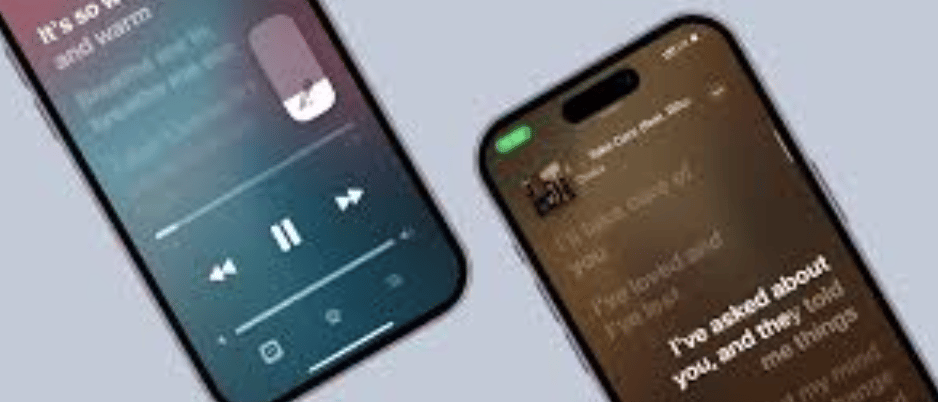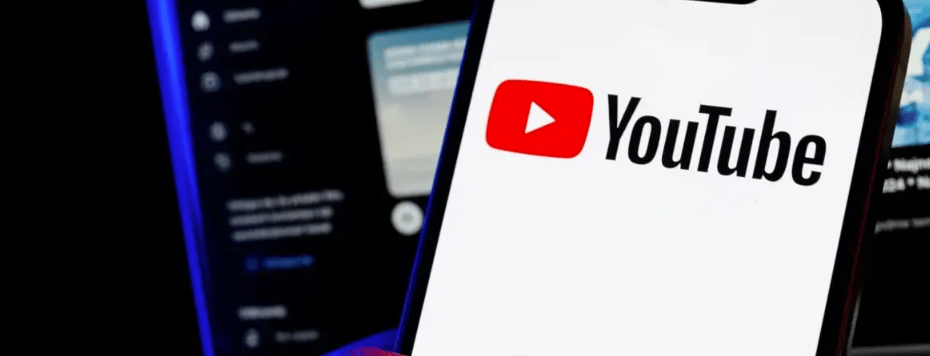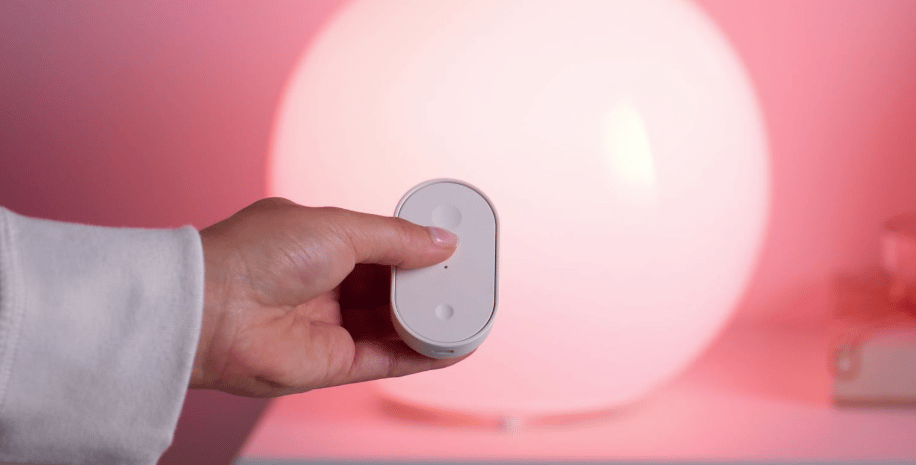- Technology Insights Daily
- Posts
- iOS 26.2 adds offline lyrics support to Apple Music
iOS 26.2 adds offline lyrics support to Apple Music
Every day starts the same way for me: a quiet moment, a warm drink, and a mountain of tech news to sift through. Somewhere in that chaos, there’s always one insight that clicks — the one worth sharing. TechnologyInsightsDaily was born from that ritual, a small habit that turned into a mission to bring clarity to a noisy world.
Today’s issue comes from those early-morning discoveries. Let’s dive into the breakthroughs shaping the future.
With the upcoming iOS 26.2 update, Apple Music will finally let users access synced song lyrics even when offline—no Wi-Fi or cellular data required. Until now, lyrics would disappear once a connection dropped, limiting the experience for commuters, travellers, or anyone in a low-signal zone. With this change, once you’ve downloaded the song, the accompanying lyric text is stored locally and stays available. It’s a subtle but meaningful improvement that signals Apple is shifting attention from flashy features to everyday usability. For users who love singing along, studying lyrics, or just want smoother audio-visual flow from their playback, this is one of those updates that quietly makes a difference.
YouTube is ramping up its AI-based age verification system, bringing it to a broader set of users: accounts are now being flagged via machine learning models that estimate age from behaviour rather than just birthdate. Users caught in this wave may face restrictions—such as uploading limits, content access blocks, or being asked to provide ID or a selfie for verification. The move is part of YouTube’s effort to protect minors and ensure age-appropriate experiences, yet it raises major privacy and fairness questions: what happens if an adult is misclassified as underage? For creators and viewers alike, the change brings both added scrutiny and a shift in how platform identity is verified and managed.
Grand Theft Auto VI (GTA VI), one of the most anticipated games of the decade, has been delayed yet again by developer Rockstar Games: the new firm launch date is set for November 19 2026. The reasoning given: additional time is needed to achieve the level of polish demanded by fans after more than a decade since the last mainline instalment. While disappointing for eager players, analysts see the move as strategic—placing the release squarely in the holiday season could drive stronger sales. However, repeated delays risk dampening hype and raising doubts about timeline credibility. For both gamers and the broader industry, this signals that even major franchises are willing to delay rather than release imperfectly.
Furniture and home-goods giant IKEA has announced a major expansion into smart home tech with 21 new devices that support the open smart-home standard Matter. These include bulbs, sensors (motion, leak, air-quality), and controls, all compatible with platforms like the Apple Home app. The significance lies in interoperability: users aren’t tied into a single brand ecosystem anymore, and IKEA’s affordable pricing strategy makes smart home upgrades more accessible. For Apple users, this means the Home app can now handle broader device types from IKEA seamlessly. This move underscores how smart home adoption is shifting from niche enthusiasts toward mainstream usability and open standards.
Thanks for reading today’s edition. I hope something here sparked curiosity, gave you clarity, or simply made your day a bit easier. Writing this newsletter has become a meaningful part of my routine, and knowing it reaches you makes every hour worth it.
If you found value today, please forward this to a friend, share it online, or refer someone who loves tech. Your small support helps this community grow and keeps me digging for the best insights every day.
See you tomorrow — stay curious, stay inspired.



